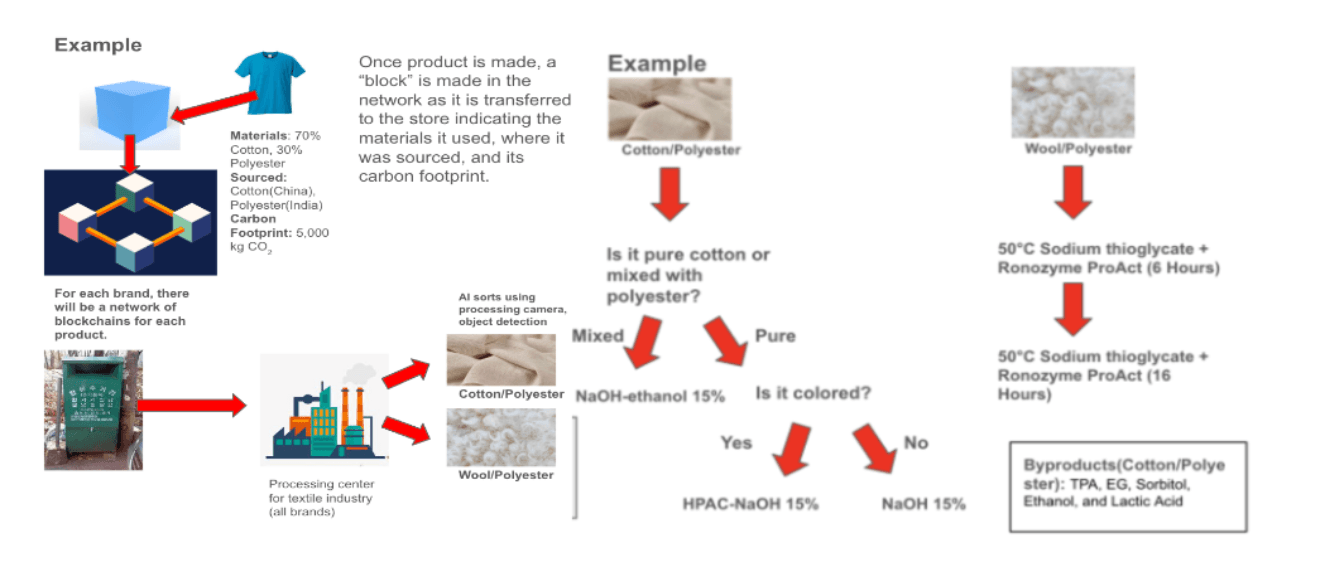

Kyla Kim
Class of 2027Seoul, Seocho-gu
About
Projects
- Opportunities and Challenges for a Circular Textile Industry in South Korea with mentor Dalton (Sept. 9, 2024)
Kyla's Symposium Presentation
Project Portfolio
Opportunities and Challenges for a Circular Textile Industry in South Korea
Started Aug. 2, 2023

Abstract or project description
The textile industry has many ethical, economic, and societal challenges regarding textile waste that is produced as a consequence of clothing production. A circular economy aims to eliminate waste produced altogether by finding a way for waste to become a resource for another system of production. This could be an ideal solution for the textile industry, especially in the context of South Korea where the consequences of "fast fashion" throwaway culture are significant. This project will analyze different factors that influence impacts of the textile waste on society by looking at how the textile industry operates - especially in Korea - and how ideas of circular economy and sustainability can be applied as solutions to textile waste challenges. The analysis will rely mainly on a literature review and site visits to gather observational data on textile waste processing centers in Seoul, Korea. The results from this project will be able to expand the usage of the concept of circular economy, educate multiple individuals about the circular economy and the textile industry, and offer practical and scientific solutions to textile waste that can be applied in real life.